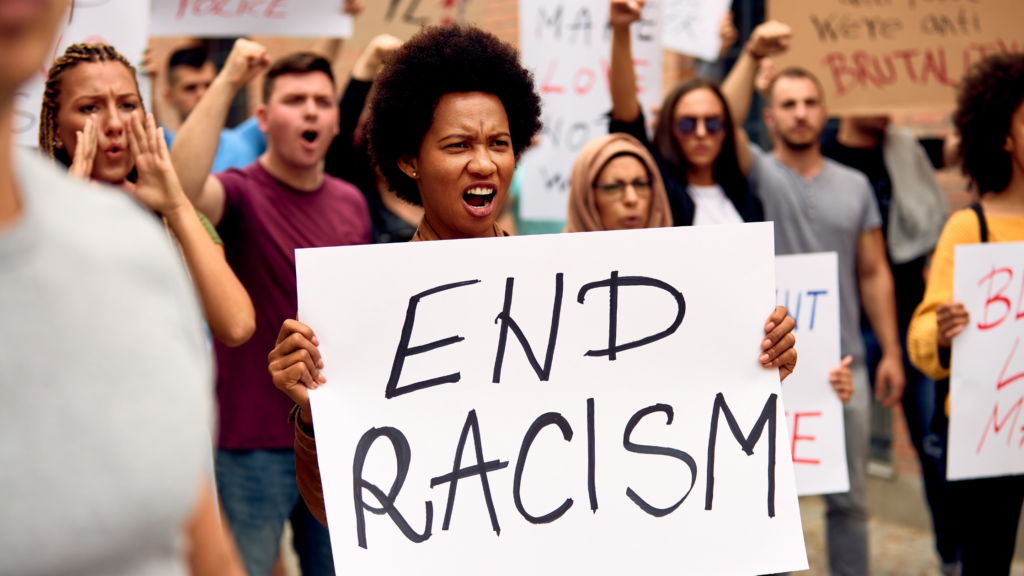
As a black woman who is the daughter, sister, cousin, friend, mother and partner of a black man, the unfortunate topic of racism is not a new one for me.
With every injustice against the black community, my fear for their lives and future grows stronger. I reflect on some of the conversations I’ve had with my children surrounding race. The first one took place when my eldest son was 6; he encountered racism for the first time while at school.
It was challenging to confront this issue because I’ve spent all of their lives teaching them to be kind and to treat others the way they want to be treated, and then the world throws them a curveball that completely contradicts the ideals that I instilled in them.
My first son is now 13, and my twin sons are 7, and even though these conversations are ongoing, they don’t get any easier as racial tensions increase and become more blatant. Because of this, I need to ensure that my sons know that they are enough, and they can be as great as they want to be no matter what other people say or how others may make them feel.
I also feel like I put a lot of pressure on them to be “good” because of the realities of being black. For example, I often find myself saying things like, “you can’t do and get away with the same things that your friends can, so you better behave yourself!” Or even, “if you think I’m mean, the world is way meaner!”
I’m sure that most parents have said the same or similar things to their children, but in most black homes, these sentiments carry a heavier weight. It’s a reminder to our children that before they even step foot out of the door, they are already at a disadvantage simply because of the colour of their skin.
I often wonder what long term effects these types of comments will have on the innocence of a growing child. To think that their skin colour is the reason they can’t be a kid and make mistakes or fail is horrible; every kid deserves to be a kid.
As parents, we all have a responsibility to prepare our children for the world. However, we shouldn’t have to take away their innocence by forcing them to be perfect while living under the radar, so they don’t have to experience the trauma of racism.
Despite my efforts, this problem won’t just end with teaching my sons how to act in public while black. It will require a more joint community effort to make lasting and impactful change.
Wrapping It Up
Right now, the world is tuned in because anti-black racism is making headlines, and thanks to the COVID-19 shutdown, we were all plugged into our electronic devices with more than enough time to feel. Eventually, we will all get back to our regular routines, and our minds will get swept up with the next trend.
How do we keep this same energy going and not view the anti-black racism movement as just a short-lived campaign? What can we do to cultivate change when the dust settles?
I’m a firm believer that everyone has the power to impact others, and we all have to do our part. Whether you choose to protest, post on social media, shop at black-owned small businesses or incorporate new mindful practices that focus on kindness, resilience and equality, the change starts with you and now is the time to act.
In the end, we will remember not the words of our enemies, but the silence of our friends.
Martin Luther King, Jr.
Click here for Part 2 – Racism: So, What Now?
I will share actionable steps to demonstrate how we can all contribute to ending racism.
What are some steps you plan to take to end racism? Share your thoughts in the comments below.

